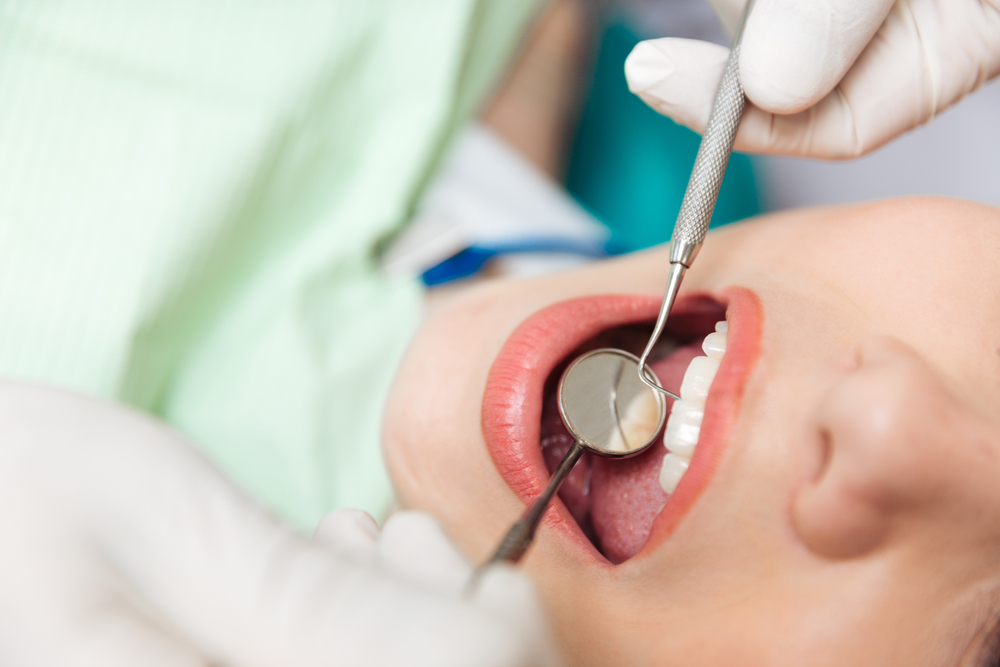DIAGNOSIS
Your dentist may tap or rub at your teeth with different devices or instruments to come up with a diagnosis.
Most dental and oral issues can be analyzed during a dental examination. Your dental practitioner will assess your:
- Teeth
- Mouth
- Throat
- Tongue
- Cheeks
- Jaw
- Neck
In the event that oral malignancy is suspected, your dental specialist may likewise arrange some tests that may include the following:
- X-ray
- MRIscan
- CTscan
- Endoscopy
TREATMENT
Regardless of whether you’ve been taking care of your teeth, you’ll need a dental cleaning two times every year. Your dental specialist will prescribe different medications if you have gum problems, oral diseases, or other issues.
Cleanings- These cleanings are performed by a dentist. After all the tartar is expelled from your teeth, the dentist will utilize a powerful toothbrush to brush your teeth. This is followed by flossing and flushing to wash out any stuck debris.
Fluoride treatments- It can help restore the polish of your tooth and make them stronger and resistant to microscopic organisms and corrosive substances.
Antibiotics- If you suspected that you have gum disease or you have tooth ulcers that has spread to the other teeth or jaw, your dentist may prescribe antibiotics to treat the infection.
Fillings, crowns, and sealants- are utilized to fix a cavity, split, or gap in the tooth.
Root canal- You may require a root channel if tooth decay reaches the space inside the tooth to the nerve.
Probiotics- are widely known for their job in stomach health, yet new research has shown that healthy microscopic organisms might also be beneficial for your teeth and gums,
Changing daily habits- Keeping your mouth healthy is a daily responsibility.


